
Peter Rowlett
I am a Lecturer in mathematics with research interests in mathematics education - employability/graduate skills, assessment and learning technology.
less
Related Authors
Renzo Taddei
Universidade Federal de São Paulo (UNIFESP)
Judith L Green
University of California, Santa Barbara
Yuksel Goktas
Ataturk University
Joelle Adams
Bath Spa University
Andreas Umland
National University of "Kyiv-Mohyla Academy"
Prof Abdulai Abukari
The British University in Dubai
Jo Tondeur
Vrije Universiteit Brussel
Peter Goodyear
The University of Sydney
Robert Middeke-Conlin
Max Planck Institute for the History of Science
Martin Oliver
UCL Institute of Education
InterestsView All (46)

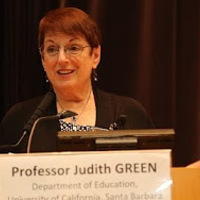
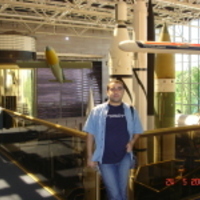


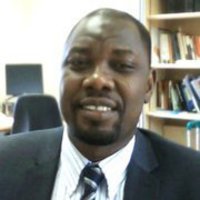


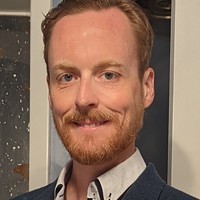
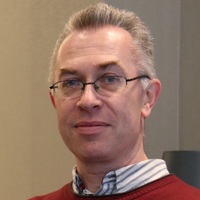
Uploads
Papers by Peter Rowlett
The aim of this session is to encourage participants from a wide variety of disciplines to use the model presented to develop and instigate other subject-specific undergraduate conferences. Speaking at and attending conferences like this help students develop key graduate attributes such as:
Being able to think independently, analytically and creatively, and engage imaginatively with new areas of investigation.
Obtaining knowledge of the process of research and the meaning of scholarship.
Becoming fluent and articulate in oral communication, in ways that are tailored to different audiences.
Some literature was reviewed in relation to transferable skills and what group projects and self-motivated learning can achieve in skills development. This review was used to inform the design of a group project task based around independent student research.
The project task involved students working in groups to research a mathematical topic and using these findings to solve a series of set problems. Students were given skills development sessions on finding and using references, giving presentations and writing reports. An indicative initial reading list was given as a starting point but, apart from the skills development sessions, there was no formal teaching material. Students were required to research the topic independently to answer a set of problems, then to explore the topic more broadly in a direction of their choosing to propose an extension of the original problem. Their findings were presented in a fully referenced report and in a presentation to peers.
The topic chosen was Art Gallery Problems, problems of determining the number of guards needed to keep every point in a room under surveillance. These are pure mathematics problems using a real world context for inspiration but not intended to be applicable. This means the simplifying assumptions allow plenty of room for students to explore the limitations and possible extensions of the theory.
Undergraduate mathematicians are logical problem solvers but can tend towards more formal teaching scenarios and can lack skills around communication and group working. This task was intended to address module learning outcomes around working in groups, using reference information and communication using reports and presentations. In addition the task was designed to encourage critical evaluation of a mathematical model and communication of mathematical ideas to audiences of differing mathematical abilities. The model of independent student reseach - unusual in mathematics teaching - fitted very well with these module learning outcomes.
This talk will outline the literature findings and the design of the group project task and associated assessment. Results from a student evalutation are used to provide an evaluation of the teaching.
This talk will focus on substitution ciphers and demonstrate the processes of encrypting and breaking some examples of these. The focus is on the battle between cryptographers - who create cipher systems - and cryptanalysts - who attempt to break them. As cryptanalysis develops more ingenious ciphers must be created and this constant struggle evolves from Roman generals, through the Golden Age of Islam to political intrigue in Renaissance Europe.
This talk will provide a gentle introduction and will assume no prior knowledge of cryptography."
I introduced the day and contributed to sessions on social networking and podcasting. You can read about this in a blog post summary of this day I wrote: http://travelsinamathematicalworld.blogspot.com/2009/05/maths-promotion-and-new-technologies.html. Matt Parker assisted me with a live podcast recording, which can be heard in episode 31 of the Travels in a Mathematical World podcast: http://podcast.travelsinamathematicalworld.co.uk/mp3/IMA_TiaMW_31-Matt_Parker_Maths_communication.mp3.